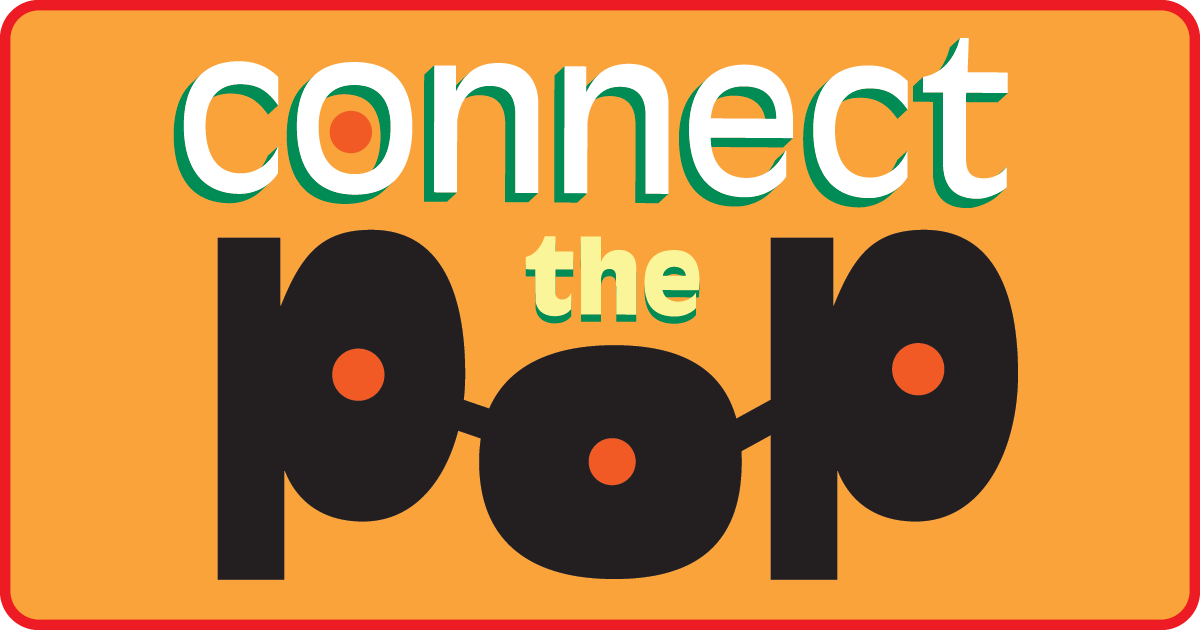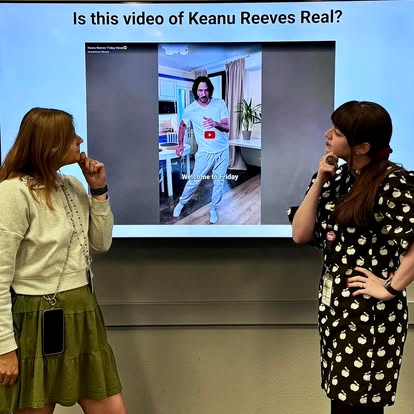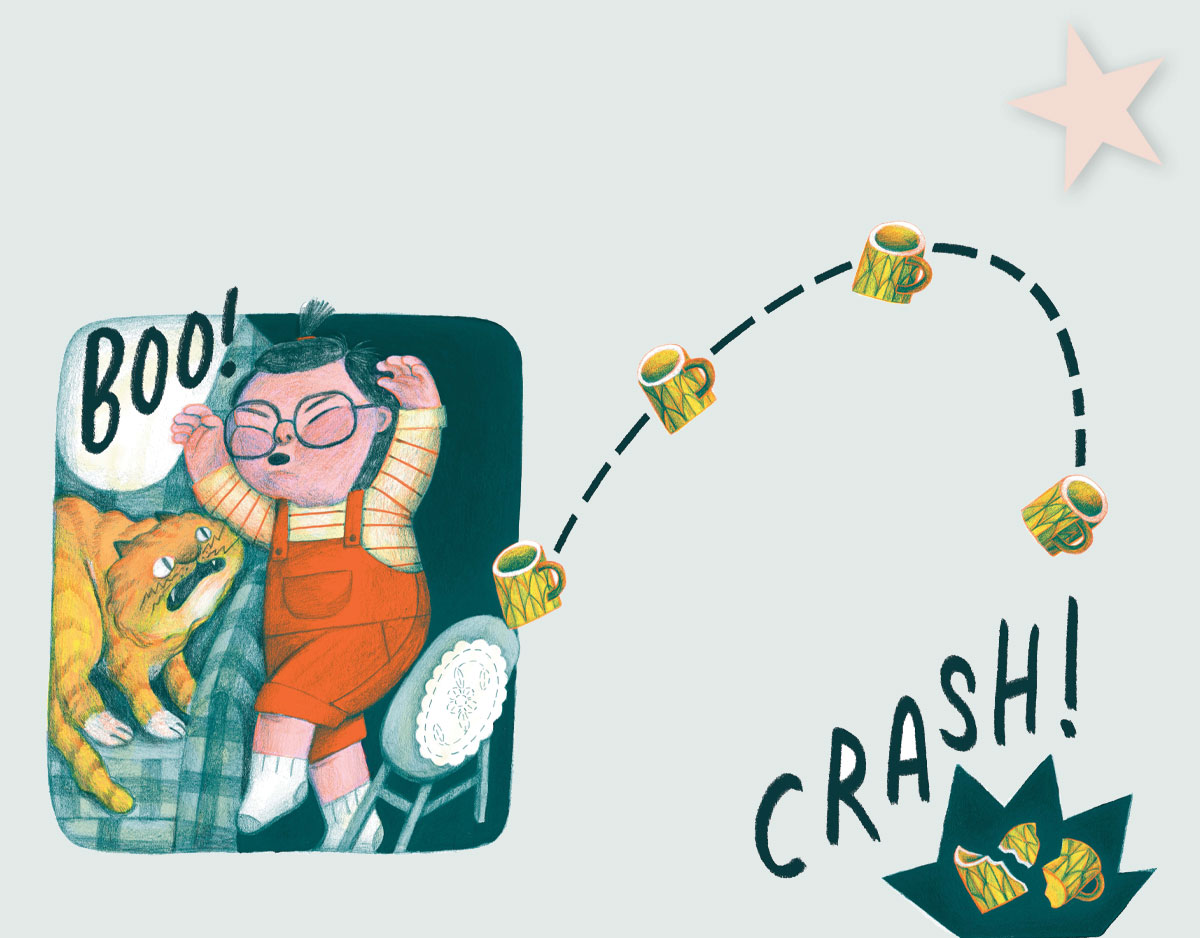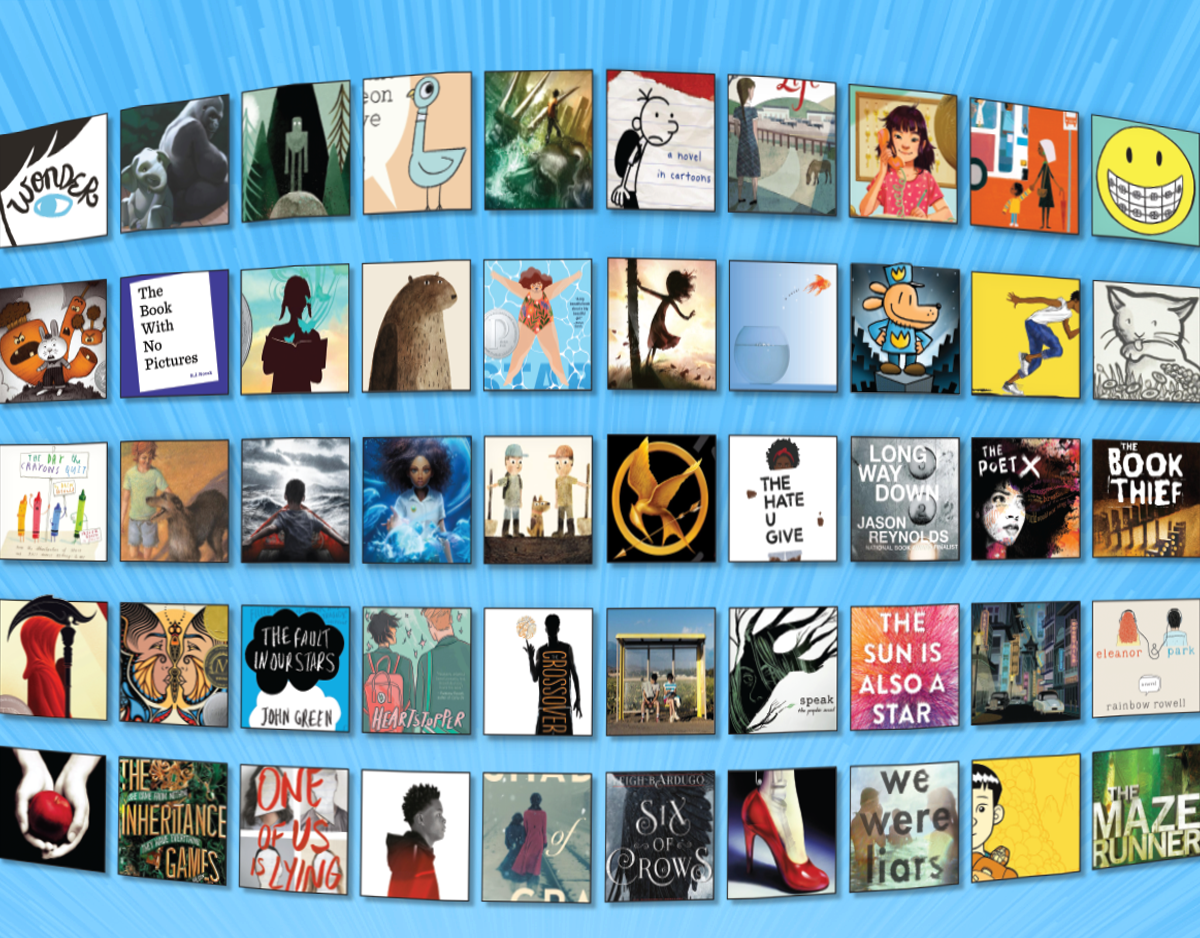SCROLL DOWN TO READ THE POST
“Convergence,” DIY Transmedia, and Librarians

Over the weekend I attended Convergence, the conference on immersive storytelling presented under the auspices of the New York Film Festival, and soon enough my head was starting to bulge, and then pulse, with ideas. Although I’m sure I’m not the only one who felt this way, I couldn’t help wondering how many librarians and classroom teachers were in attendance; after all, they were the ones whose brains would really be shooting off sparks.
Yes, any emergent media form can be characterized as “unpredictable,” “in flux,” “ever-changing” and, of course, the popular “evolving,” and so it’s never been a surprise to me that transmedia has developed a reputation for being a little… um, shall we say, unruly?
ADVERTISEMENT
ADVERTISEMENT
By that I mean that it’s often difficult, by the consistent admission of those who are actually doing impressive work in the field, to lay out with any confidence a set of…
- Codified Theoretical Precepts
- Universal Practitioner Guidelines
- Criteria for Critical/Aesthetic Evaluation
Why? Because looming above everything is a feeling of “this could all change next week based on new tech or new platforms, so take what I say with a grain of salt.”
This was a sentiment I heard in different forms when, at Convergence, I listened to producers discuss producing, writers discuss writing, animators discuss tech, playwrights discuss geotagging, and so on. And as someone who’s always a bit uncomfortable with intellectual improv, this made me question the overall value of what I was learning. Sure, it was all “kinda cool” and triggering modest synaptic explosions inside my skull, but what to do about, you know, implementation?
Yeah, so I was quickly becoming something of a sourpuss.
Only later did it hit me…
That this very uncertainty, in fact, represented the pathway to implementation: here’s an opportunity to allow students to help determine what a new medium is and, more importantly, will be. That’s not something that’s really feasible when it comes to, say, broadcast television or the novel.
ADVERTISEMENT
ADVERTISEMENT
But with transmedia they’ll actually be able to figure out how to combine the apps on their phones… with live-performance of drama or music on school grounds… with “homework” that has them uploading ambient sounds recorded in their backyard… with mini-comics that they scan and then animate with… well, you get the idea.
Innovative, forward-thinking librarians such as Andy Plemmons and Laura Fleming are already encouraging and facilitating transmedia production—with various levels of tech-dependency—and I think (hope) that what we’ll see in the coming years is more of a bottom-up approach whereby media specialists and librarians support students not only in creating content but also in experimenting with media as a palette for narrative. In short, I used to think that understanding transmedia required media literacy, and of course it does to some extent, but now I realize that I might have had the cart before the horse: transmedia could just be the royal road to media literacy itself.
So even if you’re not a fan of transmedia—wait, no, let’s suppose you’re in fact an anti-fan, that you find that it’s a glorified offshoot of marketing, that it’s an overhyped and trendy niche area in the backwaters of other, more substantial media. Let’s say you subscribe to all that. Still, the fact remains that as a pedagogical approach transmedia may become unsurpassed when it comes to certain curricular targets of MLE.
No, there’s nothing practical here in this post; if I’m to be generous with myself, I’d say it’s a kind of editorial. However, it can serve as the basis for future attempts to formulate something more helpful—either by me or, I hope, by someone reading this. After all, there are no towering experts when it comes to transmedia in schools and youth libraries, which means that we—and the kids—get to make up the rules.
Kinda cool, huh?
Filed under: Media Literacy
About Peter Gutierrez
A former middle school teacher, Peter Gutierrez has spent the past 20 years developing curriculum as well as working in, and writing about, various branches of pop culture. You can sample way too many of his thoughts about media and media literacy via Twitter: @Peter_Gutierrez
ADVERTISEMENT
SLJ Blog Network
Cover Curiosity: What Are You Looking At?
A Soggy Stump Deep Dive: Preview THE FROGGY LIBRARY by Julie Fiveash
Kamudo, vol. 1 | Review
Book Review: Two YA Books Series that Feature Teens Working with the FBI to Solve Crimes
The Classroom Bookshelf is Moving
Derrick Barnes Visits The Yarn
ADVERTISEMENT
ADVERTISEMENT







